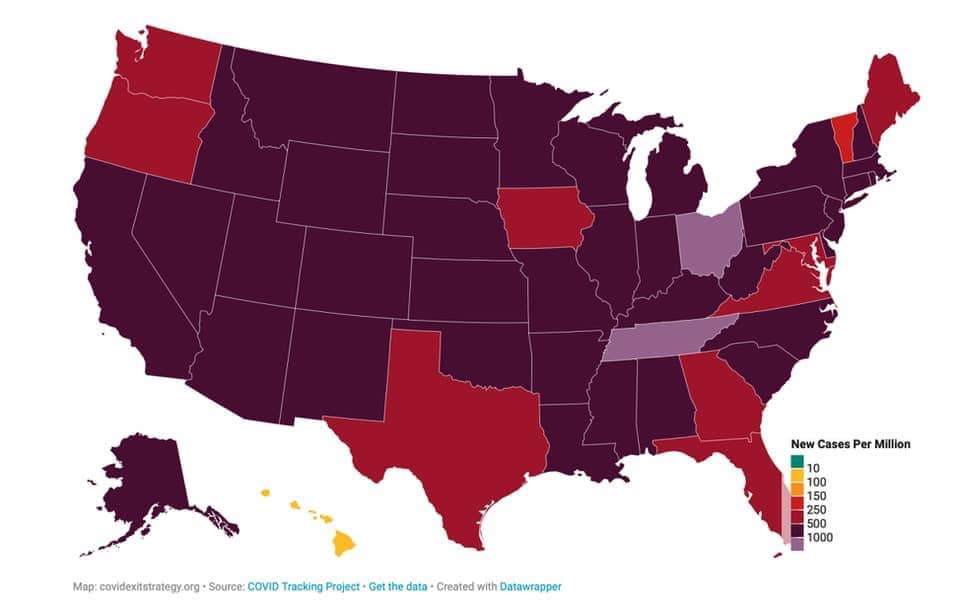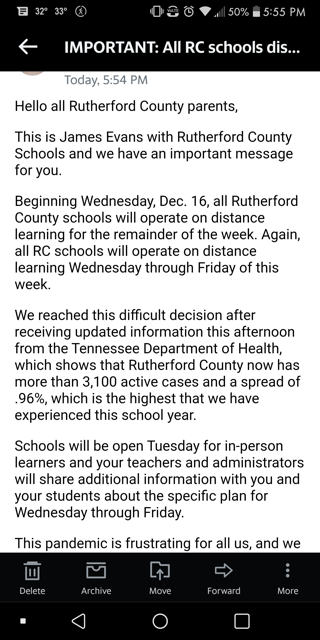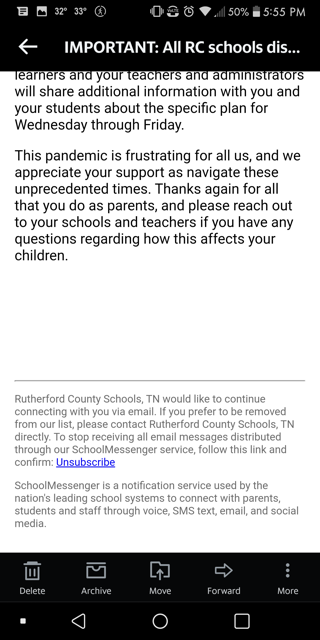Carol Burris from the Network for Public Education shares some thoughts on President-elect Joe Biden’s choice for Education Secretary. Additionally, she includes some notes from Diane Ravitch.
Here they are:
The Biden Administration selected Dr. Miguel Cardona, the State Superintendent of Connecticut, as his Secretary of Education.
We congratulate Dr. Cardona who has dedicated his life to public schools–as a public school teacher, principal, central administrator and State Superintendent. We are delighted that the son of parents born in Puerto Rico was chosen for Secretary. His humble beginnings are in stark contrast with those of the present Secretary, Betsy De Vos..
Dr. Cardona is the product of neighborhood public schools. He sends his children to public schools. His life’s work has been immersed in public schools. He did not attend the Broad Academy nor become a Jeb Bush Chief for Change. He has never claimed that three great teachers in a row will cure poverty, nor has he ever said that charter schools are the answer.
Although Dr. Cardona was not NPE’s first choice, we are pleased that none of the four candidates that DFER lobbied for were selected. Thank you to all of you who follow us on Twitter and were willing to push back on our campaign to stop the DFER picks.
Here are Diane’s comments on the selection from her blog today:
Dr. Cardona has not taken a position on the major issues that define the major education policy battles of the past two decades. He has been critical of excessive testing but does not oppose the use of standardized testing on principle. He has been critical of test-based evaluation of teachers (a major element of Race to the Top) because he knows that it doesn’t work. He is neither for nor against charter schools, even though Connecticut experienced some of the worst charter scandals in the nation (think theJumoke charter chain), is the home base of the Sackler-funded ConnCAN (which morphed into 50CAN, to spread the privatization movement nationally), and is the home base of Achievement First, one of the premier no-excuses charter chain, known in the past for harsh discipline (three in the AF chain are currently on probation, despite their high test scores). The fact that three of the politically powerful AF no-excuses charters are on probation is a hopeful sign that he intends to hold charters to the same standards as public schools.
Having read his Twitter feed (@teachcardona), I get the impression that he is a very decent and concerned administrator who cheers on students and teachers. He has not weighed in on political issues that roil the education policy world.
I am still hoping for a Secretary who recognizes that the past twenty years have been a nightmare for American public schools, their students, and their teachers. I am still hoping for someone who will publicly admit that federal education policy has been a disaster since No Child Left Behind and its kissing-cousin Race to the Top, modified slightly by the “Every Student Succeeds Act.” Maybe Dr. Cardona will be that person. We will see.
I believe that the federal government has exceeded its competence for twenty years and has dramatically overreached by trying to tell schools how to reform themselves when there is hardly a soul in Washington, D.C., who knows how to reform schools. Our nearly 100,000 public schools are still choking on the toxic fumes of No Child Left Behind, a law that was built on the hoax of the Texas “miracle.” We now know that there was no Texas miracle, but federal and state policymakers still proceed mindlessly on the same simple-minded track that was set into law in 2001.
Perhaps Dr. Cardona will introduce a note of humility into federal policy. If so, he will have to push hard to lift the heavy hand of the federal government. Twenty years of Bush-Obama-Trump policies have squeezed the joy out of education. Many schools have concentrated on testing and test-prepping while eliminating recess and extinguishing the arts. As an experienced educator, Dr. Cardona knows this. He will be in a position to set a new course.
If he does, he will push back against the mandated annual testing regime that is not known in any nation with high-performing schools.
If he intends to set a new course, he will grant waivers to every state to suspend the federal tests in 2021.
If he intends to set a new course, he will ask Congress to defund the $440 million federal Charter Schools Program, which is not needed and has proved effective only in spreading corporate charter chains where they are not wanted. Two NPE studies (hereandhere), based on federal data, showed that nearly 40% of the charters funded by the federal CSP either never opened or closed soon after opening. More than $1 billion in federal funds was wasted on failed charters. Let the billionaires pay for them, not taxpayers, whose first obligation is to provide adequate funding for public schools.
Further, if he wants genuine reform, he will begin the process of writing a new federal law to replace the Every Student Succeeds Act and dramatically reduce the burdens imposed by clueless politicians on our nation’s schools.
Dr. Cardona is known for his efforts to reopen the schools during the pandemic. He knows that this can’t happen without the resources to reopen safely. The pandemic is surging again. It is not over. He knows this, and he will have to move with caution not to put the lives of staff or students at risk.
I will not judge him until I see how he handles not only the present dire moment but the legacy of twenty years of failed federal policy. I am hoping to be pleasantly surprised. Hope springs eternal. We can’t live without it.

For more on education politics and policy in Tennessee, follow @TNEdReport
Your support – $5 or more – makes publishing education news possible.












